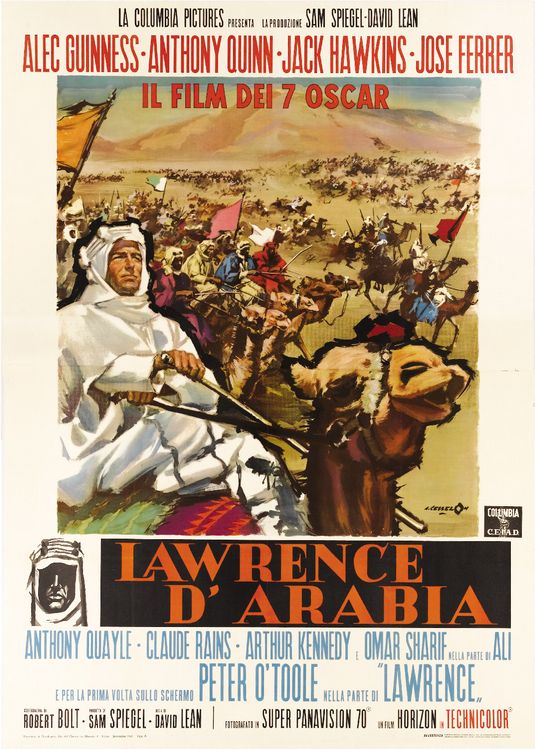I would not reck of length of days, nor crave for things to be;
But cry: "One day of the great lost days, one face of all the faces,
Grant me to see and touch once more and nothing more to see.
"For, Lord, I was free of all Thy flowers, but I chose the world's sad roses,
And that is why my feet are torn and mine eyes are blind with sweat,
But at Thy terrible judgment-seat, when this my tired life closes,
I am ready to reap whereof I sowed, and pay my righteous debt.
"But once before the sand is run and the silver thread is broken,
Give me a grace and cast aside the veil of dolorous years,
Grant me one hour of all mine hours, and let me see for a token
Her pure and pitiful eyes shine out, and bathe her feet with tears."
Her pitiful hands should calm, and her hair stream down and blind me,
Out of the sight of night, and out of the reach of fear,
And her eyes should be my light whilst the sun went out behind me,
And the viols in her voice be the last sound in mine ear.
Before the ruining waters fall and my life be carried under,
And Thine anger cleave me through as a child cuts down a flower,
I will praise Thee, Lord in Hell, while my limbs are racked asunder,
For the last sad sight of her face and the little grace of an hour.
This is Impenitent Ultima by Ernest Dowson. I have previously said who he was. The poem comes from The poems of Ernest Dowson (1913). It is the 8th poem that Lawrence wrote out in Minorities, his pocket book of blank pages.
This poem ran through Lawrence's mind when he accidentally shot his mount during a camel charge. He tells the story in Seven Pillars of Wisdom:
Nasir screamed at me, 'Come on', with his bloody mouth; and we plunged our camels madly over the hill, and down towards the head of the fleeing enemy. The slope was not too steep for a camel-gallop, but steep enough to make their pace terrific, and their course uncontrollable: yet the Arabs were able to extend to right and left and to shoot into the Turkish brown. The Turks had been too bound up in the terror of Auda's furious charge against their rear to notice us as we came over the eastward slope: so we also took them by surprise and in the flank; and a charge of ridden camels going nearly thirty miles an hour was irresistible.
My camel, the Sherari racer, Naama, stretched herself out, and hurled downhill with such might that we soon out-distanced the others. The Turks fired a few shots, but mostly only shrieked and turned to run: the bullets they did send at us were not very harmful, for it took much to bring a charging camel down in a dead heap.
I had got among the first of them, and was shooting, with a pistol of course, for only an expert could use a rifle from such plunging beasts; when suddenly my camel tripped and went down emptily upon her face, as though pole-axed. I was torn completely from the saddle, sailed grandly through the air for a great distance, and landed with a crash which seemed to drive all the power and feeling out of me. I lay there, passively waiting for the Turks to kill me, continuing to hum over the verses of a half-forgotten poem, whose rhythm something, perhaps the prolonged stride of the camel, had brought back to my memory as we leaped down the hill-side:For Lord I was free of all Thy flowers, but I chose the world's sad roses,While another part of my mind thought what a squashed thing I should look when all that cataract of men and camels had poured over.
And that is why my feet are torn and mine eyes are blind with sweat.
After a long time I finished my poem, and no Turks came, and no camel trod on me: a curtain seemed taken from my ears: there was a great noise in front. I sat up and saw the battle over, and our men driving together and cutting down the last remnants of the enemy. My camel's body had lain behind me like a rock and divided the charge into two streams: and in the back of its skull was the heavy bullet of the fifth shot I fired.

Here are a couple of stock photos from advertising for the movie:


Some sources:
Minorities, by T E Lawrence; ed. by Jeremy Wilson (London, Cape, 1971).
The poems of Ernest Dowson (London, Lane, 1913)
The Poems and Prose of Ernest Dowson With a memoir by Arthur Symons
Seven Pillars of Wisdom
T. E. Lawrence, Seven Pillars of Wisdom, BOOK FOUR, CHAPTER 53, A camel charge
The Poems and Prose of Ernest Dowson (1919)




No comments:
Post a Comment